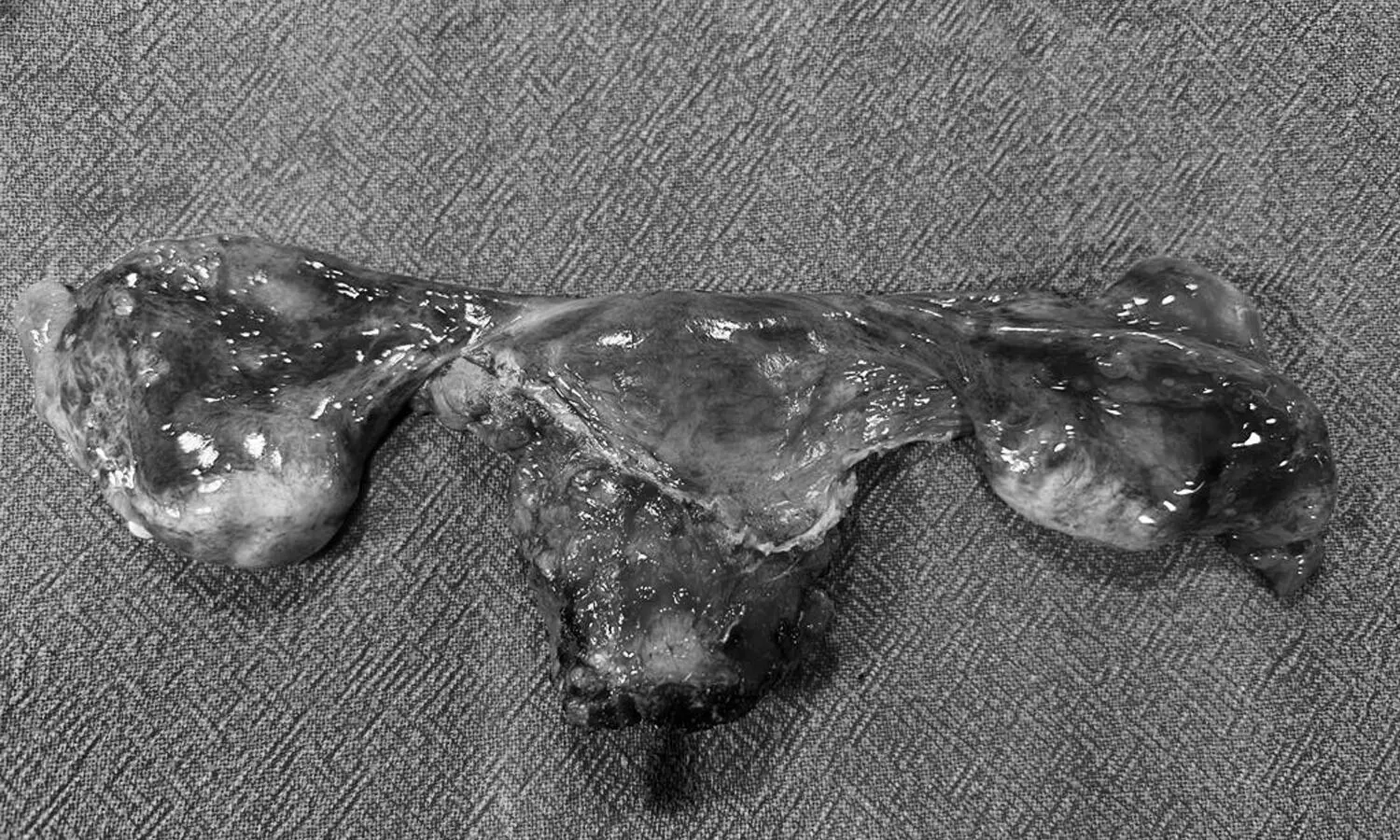KIMS hospital successfully treats 40-year-old man with Persistent Müllerian duct rare syndrome
Persistent Müllerian duct syndrome is a rare genetic condition where hormones are not released enough, resulting in both male and female reproductive organs

HYDERABAD: A 40-year-old patient from Mancherial district was successfully treated at KIMS hospitals in Secunderabad for a rare genetic condition referred to as Persistent Müllerian duct syndrome.
Persistent Müllerian duct syndrome is a rare genetic condition where hormones are not released enough, resulting in both male and female reproductive organs, with only 300 reported worldwide and only 20 cases in India till date This condition affects the birth of a baby.
A 40-year-old Mancherial man with infertility and lower abdominal pain was diagnosed with Persistent Müllerian Duct Syndrome, a rare genetic condition involving undescended testis, female internal reproductive organs, and fallopian tubes. The local doctors tested him and referred the complex case to KIMS hospitals.
A rare case in India was treated at KIMS hospital in Secunderabad with expert consultation from a consultant urologist, an andrologist, a Relan transplant surgeon, and a robotic surgeon, Dr. YM Prashant.
Persistent Müllerian Duct Syndrome is caused by a mutation in the AMH gene, which regresses female reproductive organs during fetal development, leading to persistent Müllerian duct derivatives, causing infertility due to sperm production.
The patient had a cystic bladder and prostate, normal hormones, but absent testis in scrotum, causing persistent Müllerian duct syndrome, necessitating laparoscopic Hysterosalpingectomy surgery.
The patient underwent a procedure to dilate the uterus, fallopian tubes, and testes, and a cyst was attached to the prostate. He was discharged on the third day and started on quarterly testosterone replacement therapy.
Dr. YM Prasanth highlighted that individuals with illiteracy, poverty, and social taboos often avoid medical treatment on time, limiting fertility chances that they could have easily accessed if they had started this procedure before the age of 18.



